“Dosed” is an enlightening and deeply personal portrait of an addict’s quest to slay her demons that is engaging and thought-provoking.
Recently, I was introduced to an extraordinary documentary about one woman’s quest to find physical, psychological, and spiritual healing through the power of medicinal mushrooms following a devastating cancer diagnosis. That documentary, Dosed: The Trip of a Lifetime, directed by Tyler Chandler and Nicholas Meyers, was actually a follow-up to a 2019 documentary from writer-director Chandler and co-writer Meyers.
After the moving and eye-opening experience of Trip of a Lifetime, I was eager to seek out the film that started Chandler and Meyers on their mission to change the way we think about plant-based medicine and its potential to dramatically impact how we combat everything from disease to mental illness.
Dosed was inspired by director Tyler Chandler’s long-time friendship with a woman named Adrianne — a smart, attractive thirty-something from a loving middle-class family who happens to be a severe but highly functional addict.
A self-described “garbage can addict” who will do any drug she can get her hands on, Adrianne has been chasing any kind of high that will allow her to temporarily escape pain and depression since she was 15 years old.
She’s tried everything to get clean, including lengthy stays at expensive treatment centers funded by her supportive parents.
Adrianne doesn’t know why she became an addict, but something feels broken inside her, and she’s at the end of her rope.
If she can’t stop her downward spiral, she’s convinced she won’t survive.
First-time filmmaker Chandler begins the documentary by asking his subject and friend how she wants their documentary to end. In the grip of considerable pain, she stresses that she wants to be sober.
Chandler agrees to try to help his friend by any means necessary, and Adrianne courageously agrees to let him document her search for salvation through non-traditional and, tragically, illegal outlets.
He suggests she try psychedelics (magic mushrooms), which have been proffered by some prominent psychiatrists as a safe, non-addictive way to battle depression and disrupt the patterns of addiction in ways that even years of talk therapy or anti-depressants cannot.
There’s a clinical trial coming up that would allow Adrianne the potential opportunity to try psilocybin (the psychoactive compound in some 200 species of mushroom that can cause hallucinations and altered consciousness) in a clinical setting under medical supervision — by far the ideal scenario and safest possible path to experimentation.
However, Adrianne doesn’t think she can wait that long. She needs help now. She’s suicidal and struggling more than she ever has before.
Thus, Chandler agrees to help her improvise. Adrianne will take psilocybin on her own while Chandler and fellow friend and filmmaker Meyers document the experience.
They readily admit it’s not how they should be doing it, and they aren’t equipped to help her if something goes wrong. But they are out of options.
Rewind to five months earlier.
Adrianne brings Chandler to the back alleys of Downtown Eastside Vancouver, where she frequently scores drugs, to illustrate the dark depth of her addiction.
She understands the danger all too well. “I’m playing Russian Roulette every time I pick up drugs,” she confesses.
She’s tested positive for Fentanyl but isn’t sure how she got it. It’s rampant in Vancouver and across Canada and the United States, and it finds its way into everything.
She admits to extreme fear over finding herself as desperate and alone as the homeless addicts lining the streets of Death Alley. She knows she’s one of the fortunate ones. It’s simply a twist of fate that she stays comfortable and supported while so many others lose everything and everyone in the shadow of their addiction.
Adrianne knows she’s no better than the dregs of society; she’s just luckier.
Desperate to kick her heroin and opiate addiction, she turns to a doctor who prescribes her a daily dose of methadone. Methadone is used to help severe addicts survive the excruciating and dangerous withdrawal process. But the problem is, methadone is also an opiate, and it’s just as addictive, dangerous, and difficult to withdraw from.
Adrianne tries mushrooms and enjoys some temporary benefits, but her addiction is far too severe.
She quickly relapses, and she and the filmmakers understand they have to take more drastic measures.
Thus, most of the film follows her journey to seek out the ultimate in plant therapy, a highly controversial and illegal African psychoactive root called iboga. Advocates claim it can help kill cravings and withdrawals without the addictive and harmful effects of opiates.
Adrianne attends a MAPS (Multidisciplinary Association for Psychedelic Studies) conference, and she’s able to find therapists willing to help her try iboga.
We learn through interviews with experts in the field that, although limited legal access to psychedelics has made it very difficult to undergo extensive research and study, these drugs are believed to be as much as 10 times more effective in weaning people off of opioids than traditional pharmaceutical measures.
The compassionate care with which the drug is administered by the clinicians, who stay with her during her entire 10-day treatment and check in on her regularly, is a sharp contrast to the tendency in Western medicine to overprescribe and undertreat.
The film makes a strong point of exposing the broken healthcare system that sees addicts like Adrianne as nothing more than highly profitable cogs in a massive multi-billion-dollar industrial complex that profits immensely by keeping addicts addicted and keeping the sick chasing temporary relief rather than a cure.
Dosed opens with a sobering statistic from the World Health Organization.
1.6 billion people suffer from anxiety, depression, and addiction. Last year, the opioid and fentanyl crisis claimed 118,000 lives. While you watch this film, 127 people will commit suicide.
Given that bleak reality, it seems unconscionable and inhumane to prevent those desperate for help and real solutions, like Adrianne, from exploring all their options outside of severely problematic pharmaceuticals and often cost-prohibitive (and typically ineffective) treatment centers.
Not only is a drug like iboga believed to be one of the most effective and least toxic treatments for addiction, but it’s also thought to be instrumental in helping addicts deal with the root cause of their addiction — the source of trauma that first sent them down a dangerous path of self-medicating.
And that brings me to the thing I really loved about the documentary: the respect it had for addicts and the way it avoided demonizing the desperate.
As Adrianne explains, no one ends up in her position by choice. Addicts are simply people desperate to escape from reality, quiet the noise in their heads, and/or fill a void left by loneliness, anxiety, self-loathing, or despair.
We never get to the source of Adrianne’s trauma. Because, as much as we might be intrigued by the mystery, the “why” of her all-consuming addiction isn’t the point.
This is a film about the “how” — how Adrianne finds her way back to inner peace, compassion, self-love, and redemption.
And it’s about how others, especially those with far fewer means and less privilege than Adrianne, might also find a compassionate alternative to the endless cycle of hopelessness and despair.
The fallout from addiction is often viewed from a non-empathetic lens; many believe it’s a matter of simply reaping what you sow.
But Dosed is a beautiful and harrowing film that shows addiction in a light we rarely see. We get up close and personal and witness the horror through the eyes of someone suffering.
Much of the documentary’s success is owed to the vulnerability and courageousness of Adrianne, who allows full access to the depth of her pain and struggle. She never holds back, and she isn’t afraid to peel back the layers and let us witness the ugliness along with the beauty.
We get a front-row seat as she endeavors to hold herself accountable, through the brave act of allowing her journey to be filmed, for all the years of turmoil she’s caused herself and those she loves most. She must reconcile the choices she’s made and the lies she’s told.
In fact, her inability to be fully honest about the extent of her addiction almost ends in grave consequences at one point during her rocky road to recovery.
We see it all. Nothing is obfuscated or edited to make Adrianne more sympathetic or to sugarcoat the difficulty of this process.
Although the ending is hopeful and uplifting, things go undeniably wrong along the way.
Though this documentary never claims to be unbiased or impartial — Tyler is transparent upfront about his relationship with and care for the subject — it does feel like there is a real commitment to honesty and authenticity and a real sincerity in telling Adrianne’s story.
This isn’t meant to be a definitive examination of the pros and cons of psychedelic drug therapy, nor is it an outright condemnation of Western/traditional medicine and recovery. It only attempts to shed light on a subject that remains mostly in shadows and asks that we consider all possible options for those in need while refusing to restrict any reasonable path to hope and healing.
I highly recommend you watch Dosed and then, if you’re as moved and challenged as I was, follow it up with the spectacular Dosed: The Trip of a Lifetime for even deeper insight into the potential of psychedelics to heal a wide array of physical, emotional, and psychological damage in ways nothing else seems to come close to.


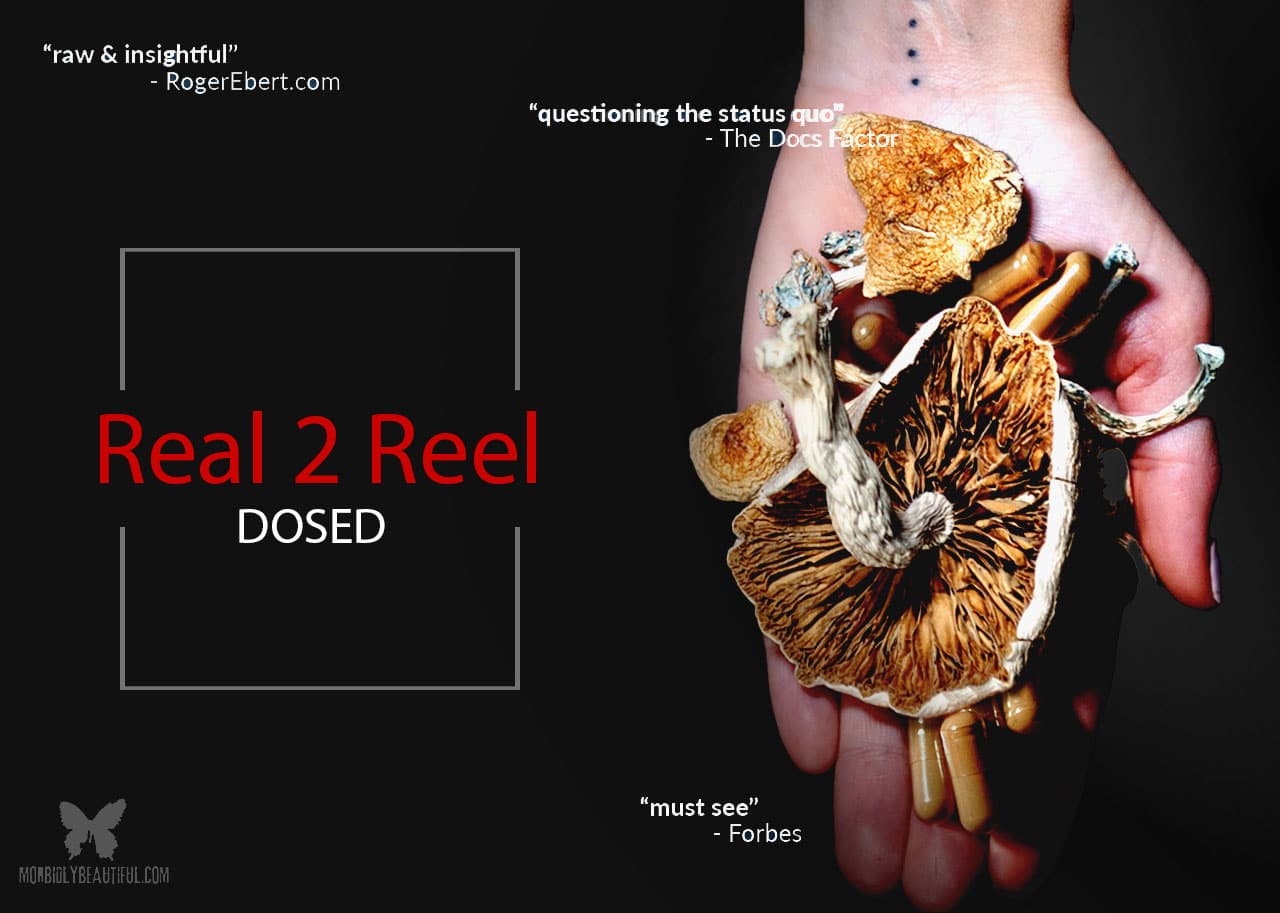
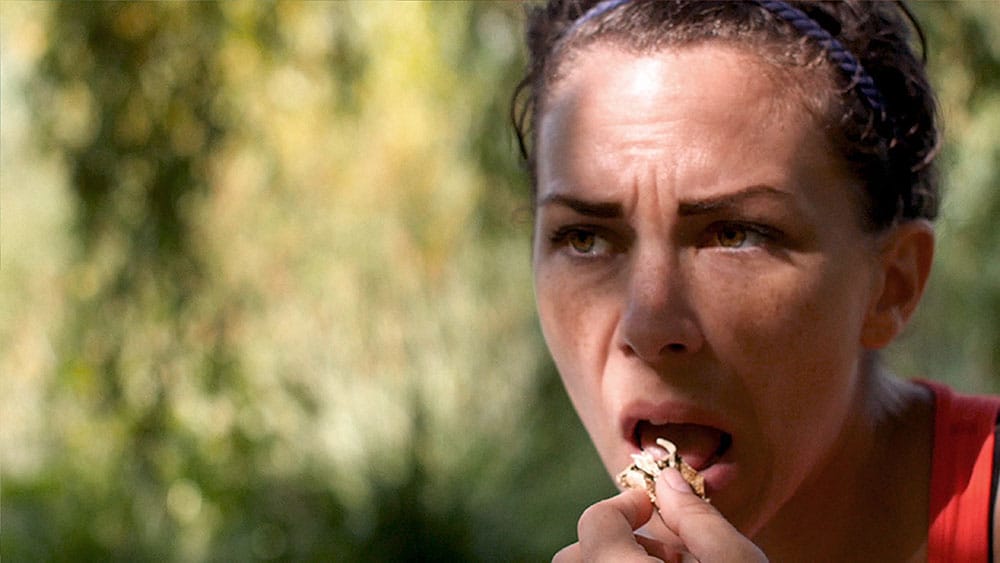
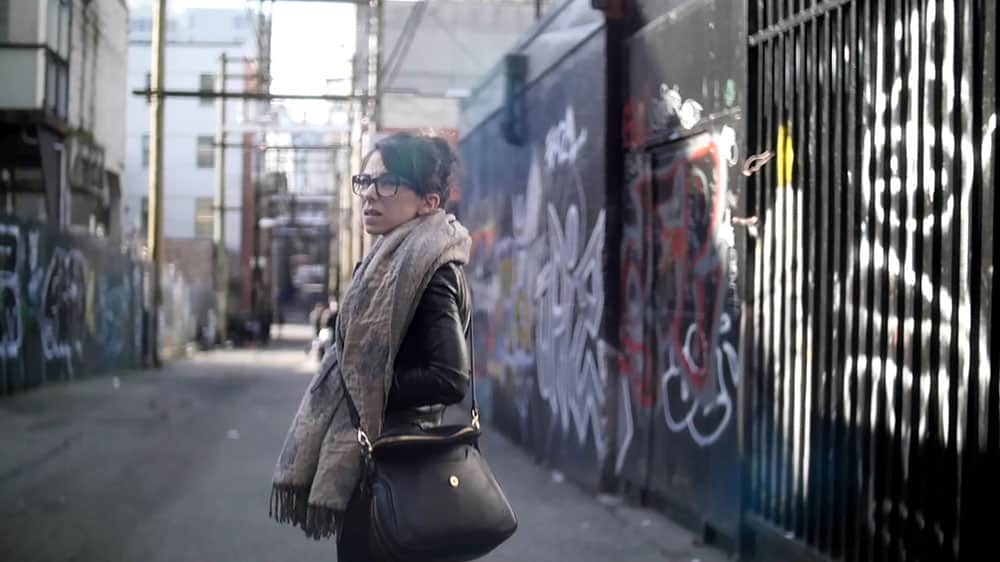
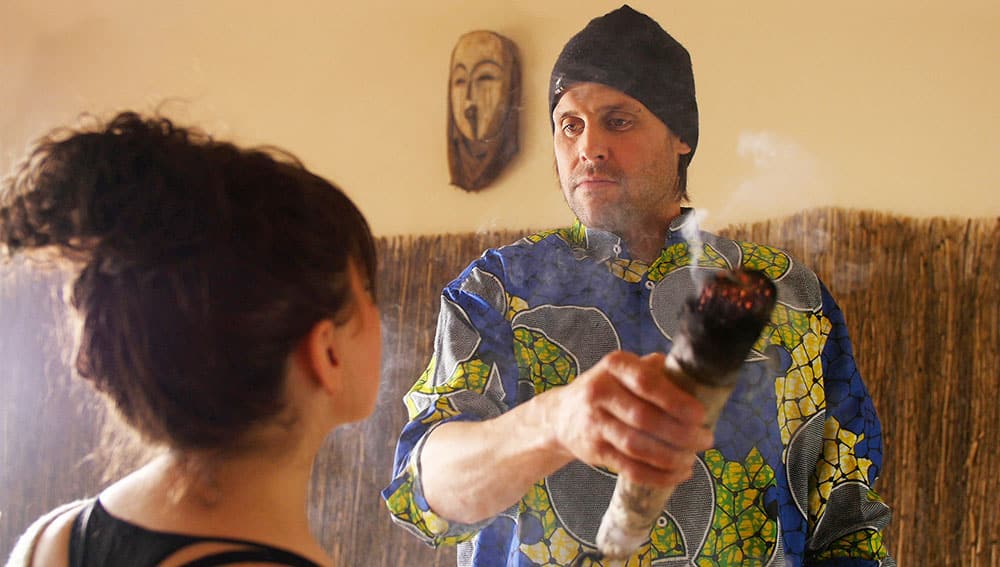
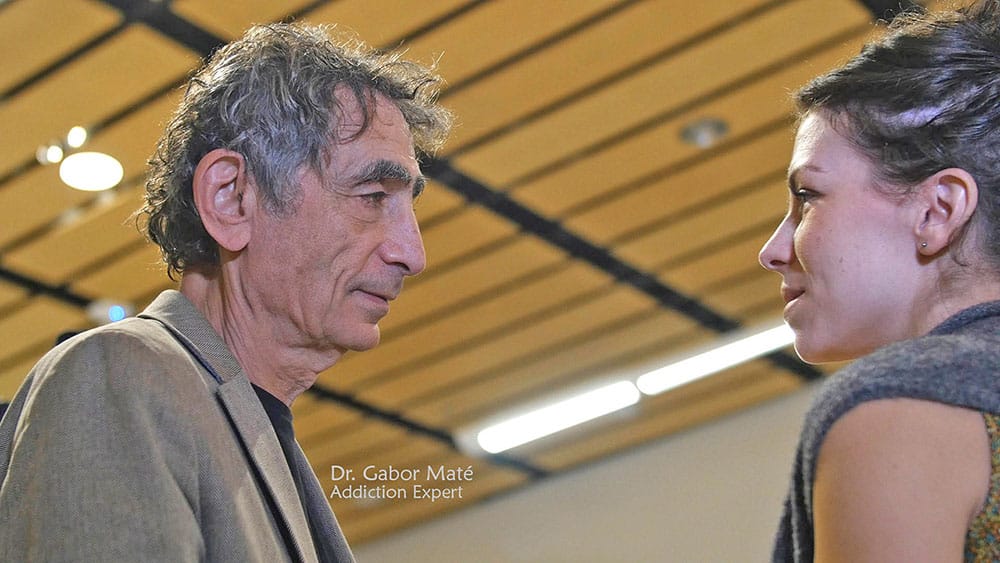
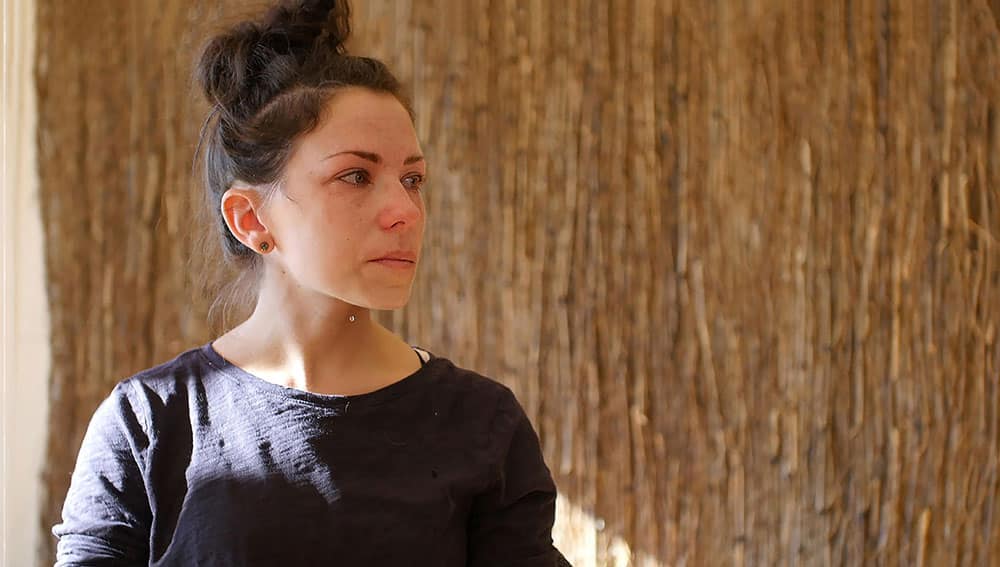
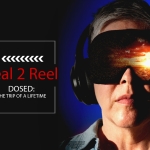


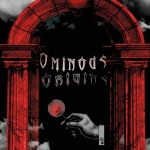







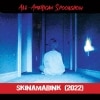
Follow Us!